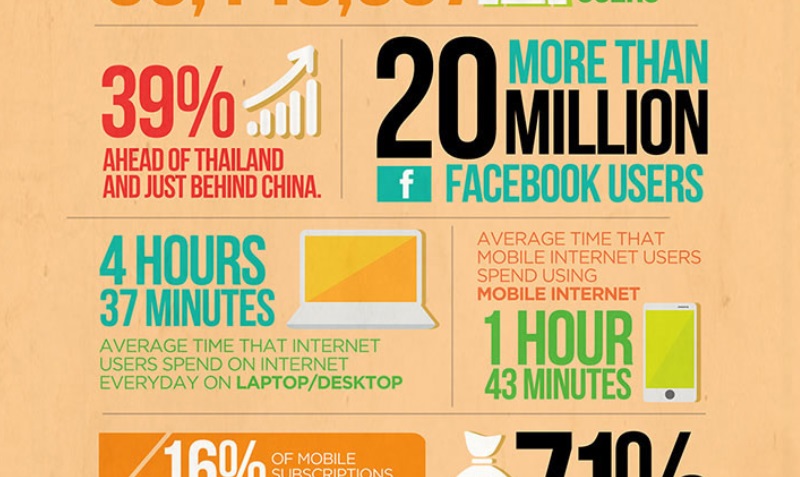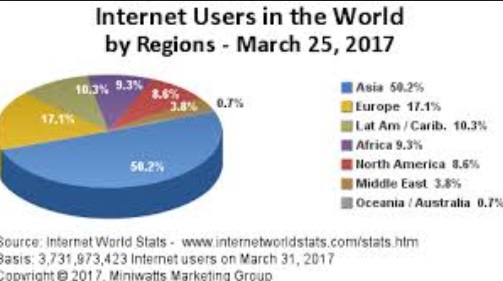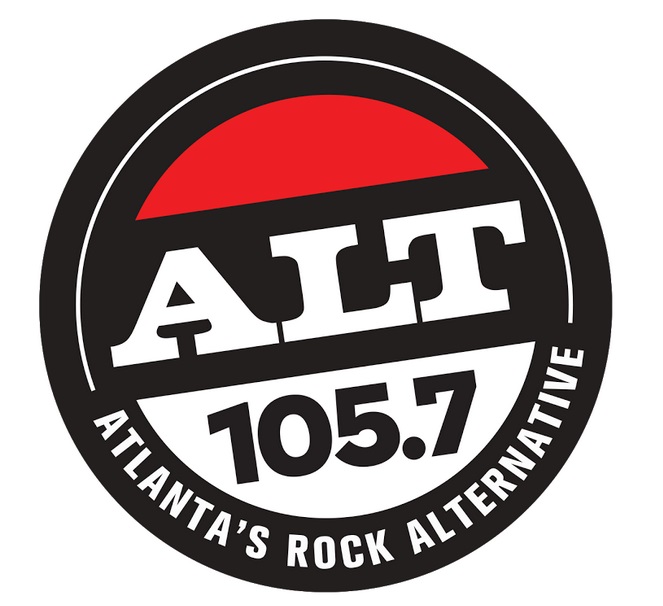Limpert Tech "SullyCast" on Radio 105.7 and iHeartRadio - Digital Inclusion Week
 Saturday, May 13, 2017 at 2:11PM
Saturday, May 13, 2017 at 2:11PM - Note: Don't forget Mother's Day!
But this week has also been Digital Inclusion Week
Digital Inclusion Week runs from May 8 to May 13, the week is meant to raise awareness that all individuals and communities, including the most disadvantaged, must have access to technologies that can improve their quality of life.
Despite the growing importance of the internet in American life, 28 percent of Americans do not use the Internet at all.
Rick and Sully discuss:
1. Good work being done by "Connected Nation"
Connected Nation (CN), means ensuring that no family, individual or business is left without access to the Internet no matter the economic or geographic constraints that currently limits their access, adoption or use of technology. Connected Nation is a leading technology organization committed to bringing affordable high-speed Internet and broadband-enabled resources to all Americans so no one is left on the wrong side of the “Digital Divide.” They work with public and private partners to help communities, institutions and individuals realize the benefits of today's technology.
2. Why Internet for All is Important
“The benefits of having high-speed broadband Internet are enormous, and those who don’t have access to it are at an enormous disadvantage,” said Eric Frederick, Vice President of Community Affairs for CN. Frederick leads the Connected Community Engagement Program, which works to identify where there is a lack of broadband and provides solutions to connecting the community with its community-specific Technology Action Plans. The engagement program staff works directly with local community leaders to help businesses, families, farmers, urban and rural schools and libraries, and others find ways to connect to broadband and improve their communities.
“It’s incredible how beneficial the Internet is to families and businesses. The opportunities are limitless. To leave people out, to leave them without the broadband access that can improve their quality of life or help them improve their education or financial standing is simply wrong,” Frederick said.
3. Training People How to Use Digital Resources
- Many people still don't know how to best utilize a "digital world"
“We have classes across the United States where people are trained in how to use digital resources or, if they already have a basic understanding, we train them for employer-related needs such as customer service,” Heather Delany, Director of Digital Works, said. “Work-at-home jobs are one the fastest-growing segments of the workforce, and for rural areas, they also can be vital for saving the economy and small communities.”
4. Starting at the State and Local Levels
Connected Nation also works with state governments to provide more accurate data-mapping of where there is a lack of broadband services and gives businesses and community organizations a platform to meet their online training needs through their Drive program. The nonprofit also has a long history of working within states, including most recently Alaska and Utah, to provide technology assessments of school districts by identifying opportunities and challenges for students, parents, and educators.

5. Shocking stats about Digital Inclusion
One area where Atlanta is "included":
Atlanta 404 continued its ongoing streak as the most robocalled area code in America, with 49.7 million calls received in April. Atlanta 678 and 770 also made the list of the 20 Most Robocalled Area Codes with 34.7 million and 22.0 million calls, respectively. (Mabe this is high because of the Handel/Ossoff election)
Cities where the "Tech Gap" is noted as "serious"
Tech gaps are underway in New Orleans, Portland and Boston, among many, many other urban spaces.
For a tech center like Austin, TX:
Fifty-five thousand Austinites do not have internet access; for public housing families in Austin, fewer than 30 percent of households own a computer, and only 15 percent have an internet connection.
Even in countries like New Zealand... Internet Inclusion is a big issue
The big cities in New Zealand are fine with widespread Broadband, but the rural areas are hurting and it's costing the country money. To the tune of each Kiwi household $1,000 a year.

 Digital Inclusion Week,
Digital Inclusion Week,  Internet,
Internet,  Radio segment in
Radio segment in  Holidays,
Holidays,  Radio 105.7,
Radio 105.7,  radio,
radio,  tech segment
tech segment 